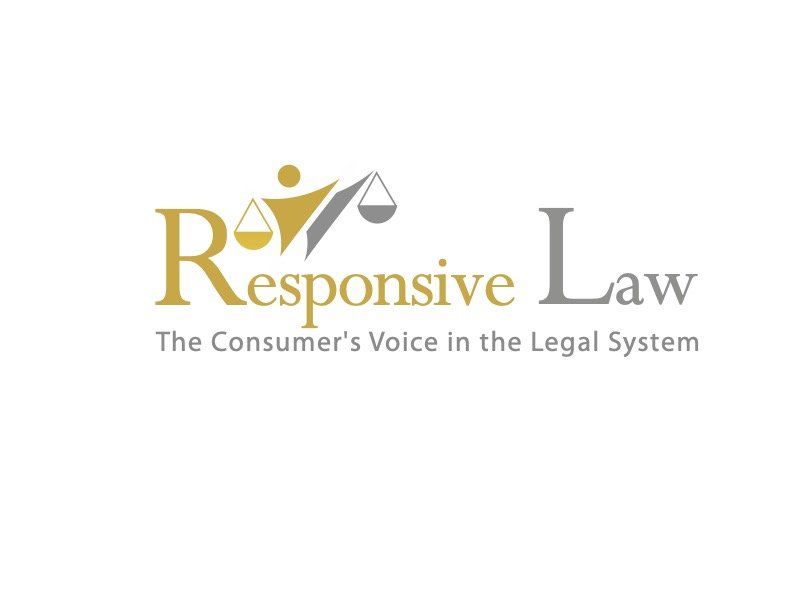Arizona calling
Crispin Passmore • March 6, 2020
US reforms keep moving forward: Florida next.

A year ago, I was amazed at what felt like sudden progress in California towards rethinking regulation of legal services. I had long watched the American Bar Association tie itself up in knots such as with its study into multi-disciplinary practices at the end of the last century and its later Ethics 20/20 work. There have always been progressives and evidenced based thinkers, but when it came to the crunch the lawyers at the top of the ABA seemed to look after themselves and their own firms, wearing a cloak of ethics that most of us could see right through.
Over the last year we have seen California
press on in the face of significant resistance, Arizona and Utah take the lead, and other States such as New Mexico, Illinois, Washington DC
and Connecticut
are following. We even have the ABA getting in on the action with ABA resolution 115
– though the fight back from New York lawyers to prevent change was striking: perhaps New York law firms fear competition the most?
Reform is being led by various State Supreme Courts. The Conference of Chief Justices
is backing that with a call for innovation in regulation. The Federal judiciary appears to feel the same. Supreme Court Justice Neil Gorsuch noted last year that “Market participants with greater access to capital can increase output and lower price. With a restricted capital base (limited to equity and debt of individual partners), the output of legal services is restricted, and the price raised above competitive levels.”
Much of this judicial interest stems from the access to justice crisis that the US faces. 100 million American citizens live with problems of basic human needs and the legal profession fails to address this. According to the World Justice Project the US is tied in 99th place out of 126 countries in terms of access to and affordability of civil justice.
Experience from the UK informs that the failure of the legal market to meet the needs of individuals is mirrored for micro and small businesses. They are often the very same people, but for growing or even medium sized businesses legal services can be inaccessible. Research tells us that small business owners think lawyers essential but unaffordable. They also cite a fear that lawyers’ costs are unpredictable while their approach often damages or destroys business relationships that should be protected even though a problem. The emergence of firms like OutsideGC
in the US and the UK’s The Legal Director
or Hybrid Legal
are evidence of small business desire for a different way to consume legal services.
Rethinking regulation can help to tackle these issues, but we should not pretend it is a silver bullet as the poorest cannot afford even basic human needs let alone legal advice. Liberalisation and deregulation of licencing regimes is important in tackling inequality more generally as The Economist explained back in 2018 here
and here
(behind paywall but worth the £12/12 weeks introductory deal
alone!). The emergence of LOD Legal
is evidence of how regulatory reform can drive new services.
Given all of that it is no surprise that some law firms fight against reform. This submission
to the California Task Force from 10 major law firms uses the usual tactic of trying to kill reform through over analysis. At no point is there any acknowledgement of the absence of any real evidence to justify the restrictions on economic liberty that self-regulation has constructed.
However, these firms make the error that protectionists always make. They forget their clients. All of these ten law firms will have clients that use alternative legal service providers. This is an opportunity for legal businesses and law firms to choose to align with their clients and support reform. The first law firm to break rank and submit a response with the support of the GCs of their clients will win the day. It would show a level of confidence about that law firm’s ability to compete in a changing legal market.
Meanwhile, as I wrote previously, alternative providers are rerouting their businesses around poor regulation. Capital and talent flows where clients demand it and the growth of enterprise solutions, including from the very best law firms such as Pinsent Masons’s Vario
and Bryan Cave Leighton Paisner’s Cubed
illustrate this.
Elsewhere we see the Florida State Bar trying to take down
TIKD – a tech driven alternative to challenging traffic tickets. That will play out as the court decides – though the Referee appointed by the Supreme Court found no real evidence of consumer harm and the Federal Bar
has not really built a case based on harm. The submission
to the Court by The Centre for Public Interest Law at the University of San Diego nails the issues.
“The Florida Bar’s insistence that TIKD is engaging in UPL reflects the legal profession’s fear that this technological revolution will usurp attorneys’ market share and dominance of the legal-services market. But this Court has made it clear that the Bar’s “single most important concern” in regulating the legal profession should not be protecting attorneys’ business and financial well-being, “protect[ing] the public from incompetent, unethical, or irresponsible representation.”
It is good to be reminded of how hard protectionists will fight, but it is better to look beyond individual cases. At the request of its State Bar’s President the Florida Supreme Court has already asked
the President to rethink regulation. While it is great to see Florida moving forward, the most progressive States right now are Utah and Arizona.
Utah has now launched a ‘regulatory sandbox’ - to encourage new innovations in terms of technology, non-lawyer ownership and perhaps the roll back of the unauthorised practice of law.
Arizona recently launching its detailed reforms via what it calls a ‘petition’ for rule change. Comments can be made in the ‘rules forum’. They have produced a general summary of their proposals, with, in addition, three short animations. Arizona needs comments by 27 March – either on the website or via e-mail
to the Supreme Court. It is vital that they hear from lawyers, consumers, investors and commentators that want to see change. You can see already that resistance is building, and it needs to be countered so that Supreme Court Justices get a balanced view.
One of the things that needs to be stressed beyond core support for reform of Rule 5.4, is the importance of mutual recognition across state boundaries. If, for example, Arizona wants to become a legal hub then it needs to be able to provide cross state legal services. That it is easier (at least for now) for a solicitor in London to practice across 28 EU Countries than it is for a US lawyer to move between its internal states seems bizarre. The arguments against mutual recognition are almost entirely protectionist and the US cannot expect to open other markets if its own market remains rigid and protected.
Change is happening across the US, but we all need to support that if it is not going to falter.

The Legal Tech Fund ran the best event for innovators int he legal market that I have found. TLTF 2023 was a a great opportunity to learn new things but best of all were the connections made and friends seen. These enabled new discussions and deeper debates about technology, capital deployment and liberalisation. TLTF 2024 is just one year away - I'm already excited.









